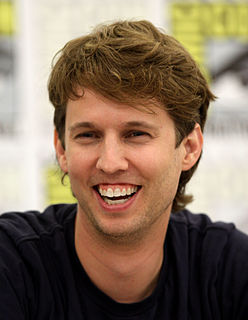A Quote by Linda Darling-Hammond
In 1970 the top three skills required by the Fortune 500 were the three Rs: reading, writing, and arithmetic. In 1999 the top three skills in demand were teamwork, problem-solving, and interpersonal skills. We need schools that are developing these skills.
Related Quotes
It is the acquisition of skills in particular, irrespective of their utility, that is potent in making life meaningful. Since man has no inborn skills, the survival of the species has depended on the ability to acquire and perfect skills. Hence the mastery of skills is a uniquely human activity and yields deep satisfaction.
Business requires an unbelievable level of resilience inside you, the chokehold on the growth of your business is always the leader, it's always your psychology and your skills - 80% psychology, 20% skills. If you don't have the marketing skills, if you don't have the financial-intelligence skills, if you don't have the recruiting skills, it's really hard for you to lead somebody else if you don't have fundamentally those skills. And so my life is about teaching those skills and helping people change the psychology so that they live out of what's possible, instead of out of their fear.
It's possible at any time during a player's career to get into top physical shape or to try to win every game! But you can't teach skills to an old player. Youth coaches should keep in mind that individual skills need to be nurtured at an early age. Players who haven't mastered the fundamental skills become frustrated because the game gets too difficult for them as they move into higher levels.
While most of today's jobs do not require great intelligence, they do require greater frustration tolerance, personal discipline,organization, management, and interpersonal skills than were required two decades and more ago. These are precisely the skills that many of the young people who are staying in school today, as opposed to two decades ago, lack.
Very little attention is paid to improving the decision-making skills of both individual executives and the organizational benchstrength as a whole. Often we find that this is overlooked because there is a common assumption the business executives have all the requisite cognitive skills they need when they come to work for the organization. The problem with that perspective is that it overlooks the fact that thinking skills can be learned and improved at any time during the course of a persons lifetime.


































